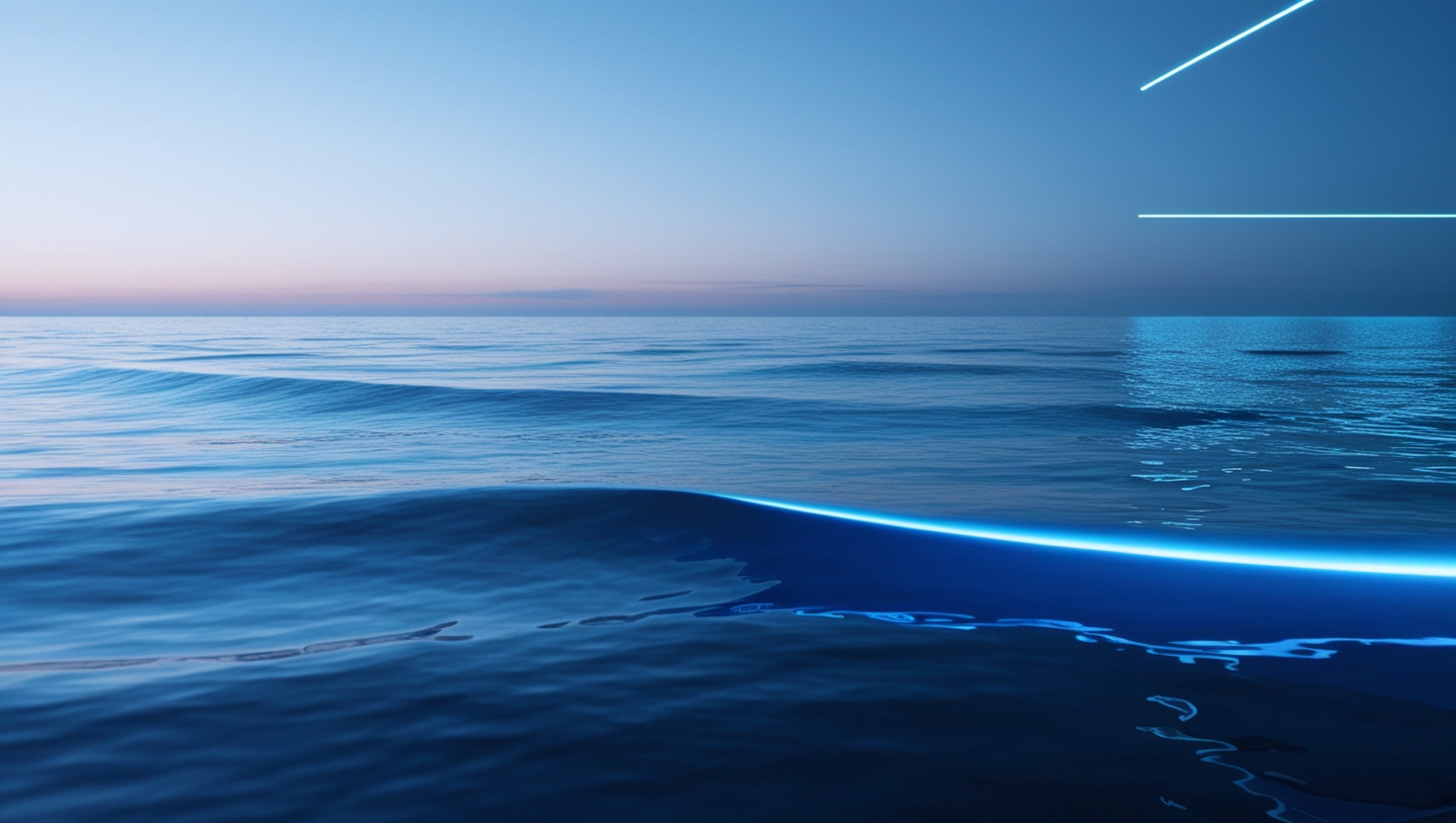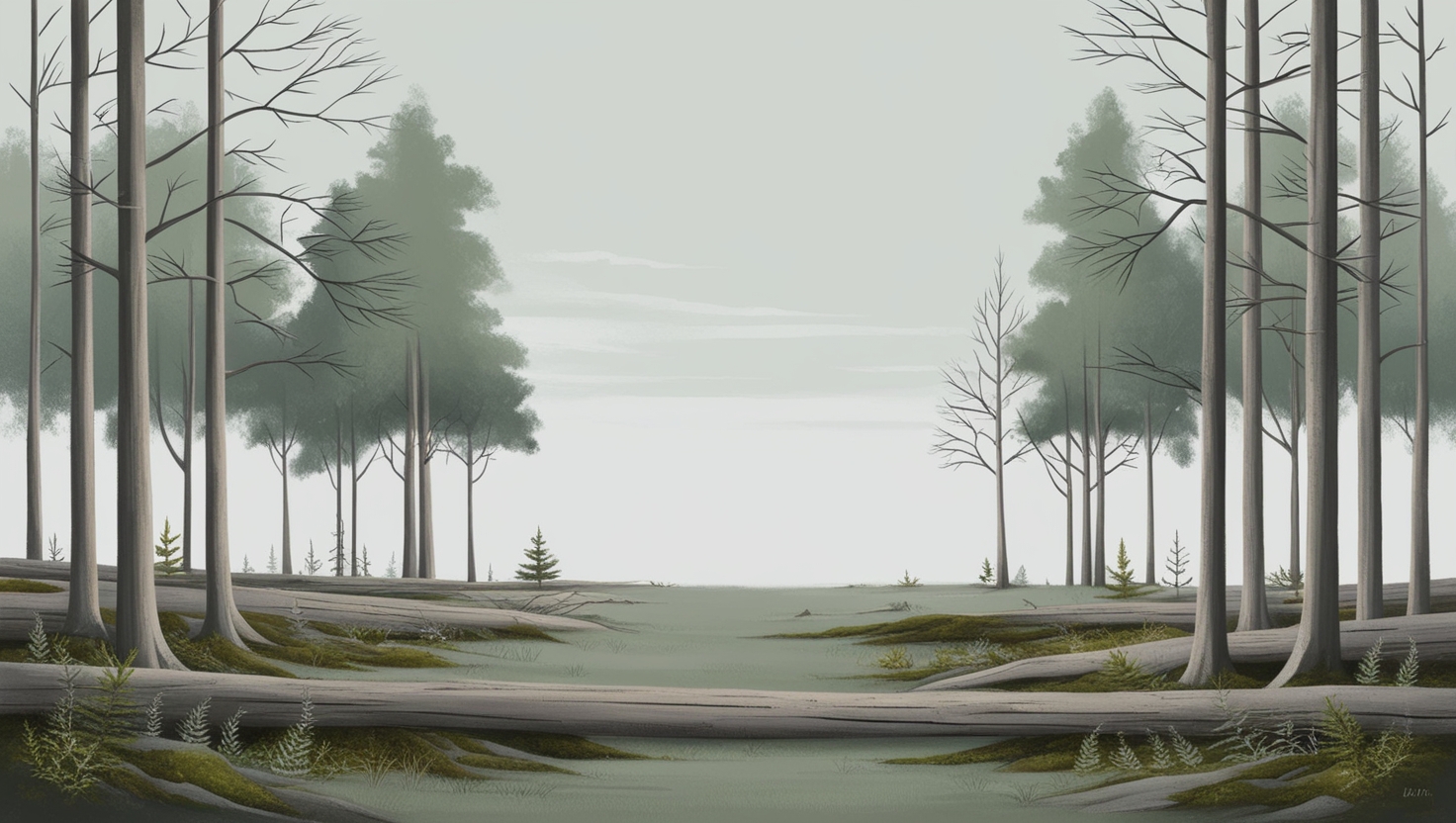The ocean, vast and mysterious, has always stirred the human imagination, but what if it also holds the answer to one of humanity’s oldest questions: where did life begin? Imagine Earth, billions of years ago—a molten, hostile planet gradually cooling, its surface pockmarked with volcanic eruptions and fiery chaos. As this violent birth of a world gave way to oceans forming, something extraordinary was quietly brewing beneath the waves. In the dark depths of these primordial waters, the first sparks of life may have flickered into existence. Did the ocean, with its unique chemical cocktail, provide the perfect cradle for life’s earliest moments?
Fast-forward to modern times, and scientists continue to find clues that point to this underwater origin. The ocean is not just a backdrop for Earth’s history; it is a living library of the planet’s most ancient secrets, housing organisms that are essentially living fossils, offering a glimpse into life as it once was. Could the ocean, with its hydrothermal vents, teeming microbial mats, and complex chemistry, have been the laboratory where life’s delicate blueprint first emerged?
The Ocean as Life’s First Laboratory
The theory that life began in the ocean isn’t just a romantic notion—it’s grounded in compelling evidence. Early Earth’s oceans were brimming with the essential ingredients for life: water, carbon, hydrogen, nitrogen, and phosphorus. These molecules likely interacted in simple yet profound ways, catalyzed by energy sources such as ultraviolet light or heat from undersea volcanic activity. Hydrothermal vents, often dubbed “black smokers,” have been at the center of much scientific speculation. These vents release mineral-rich, superheated water from the ocean floor, creating an environment perfect for chemical reactions. Some researchers believe that these conditions could have allowed the first self-replicating molecules—precursors to DNA—to form.
Moreover, some of the most ancient and resilient organisms found today—like archaea and certain bacteria—thrive in similar environments. These microorganisms, capable of surviving in extreme conditions, have led many to speculate that life could have started deep within the oceans where the tumultuous surface of early Earth would have had less impact. The ocean’s depth, with its relative stability, may have offered a safe haven for the first fragile forms of life, shielding them from harmful radiation and cosmic impacts.
Life’s Transition from Ocean to Land
While the ocean may have been where life began, the story of life on Earth doesn’t end there. As life evolved, some organisms ventured onto land, marking one of the most dramatic transitions in Earth’s history. The transition from aquatic to terrestrial life is not only an example of life’s adaptability but also a testament to its oceanic roots. Even today, all living organisms bear the marks of their aquatic ancestry. The salinity of our blood mirrors the ancient seawater from which our distant ancestors emerged, and the basic biochemistry that governs life today originated in those early oceans.
But why did life move from water to land? Some scientists suggest that environmental changes, such as the gradual decrease in oceanic nutrients or increasing competition, pushed certain species to explore new habitats. These pioneers of the land eventually led to the astonishing biodiversity we see today. However, even as life flourished on land, the ocean remained a vital engine for evolution. It is a living reminder of life’s beginnings, continuing to support some of the most diverse ecosystems on the planet.
A Continuing Mystery
Despite these theories, the question of life’s exact origins remains one of the greatest unsolved mysteries in science. New discoveries—from fossilized microbes found in ancient ocean sediments to laboratory experiments that simulate early Earth conditions—continue to push the boundaries of our understanding. Did life begin near hydrothermal vents, or perhaps in shallow tidal pools where the sun’s energy could catalyze reactions? Or is there an as-yet-undiscovered mechanism that sparked life’s genesis?
Perhaps the truth is more complex than a single definitive answer. What is clear, however, is that the ocean, with its vast and varied environments, played a crucial role in nurturing Earth’s earliest life forms. It remains, as it was billions of years ago, a place of wonder and mystery.
Conclusion: The Eternal Ocean, Keeper of Life’s Secrets
As we gaze upon the ocean today—its waves crashing against shores, its depth concealing worlds yet unseen—we are reminded of our deep connection to this primordial expanse. The ocean is more than a body of water; it is a time capsule, a living museum where the first breath of life might have been drawn. Life’s origins, shrouded in mystery, seem inseparable from the oceans that have cradled our planet since its infancy. And while we may never fully unravel the secrets of how life began, one thing is certain: the ocean will always hold the key to our deepest questions about existence.







